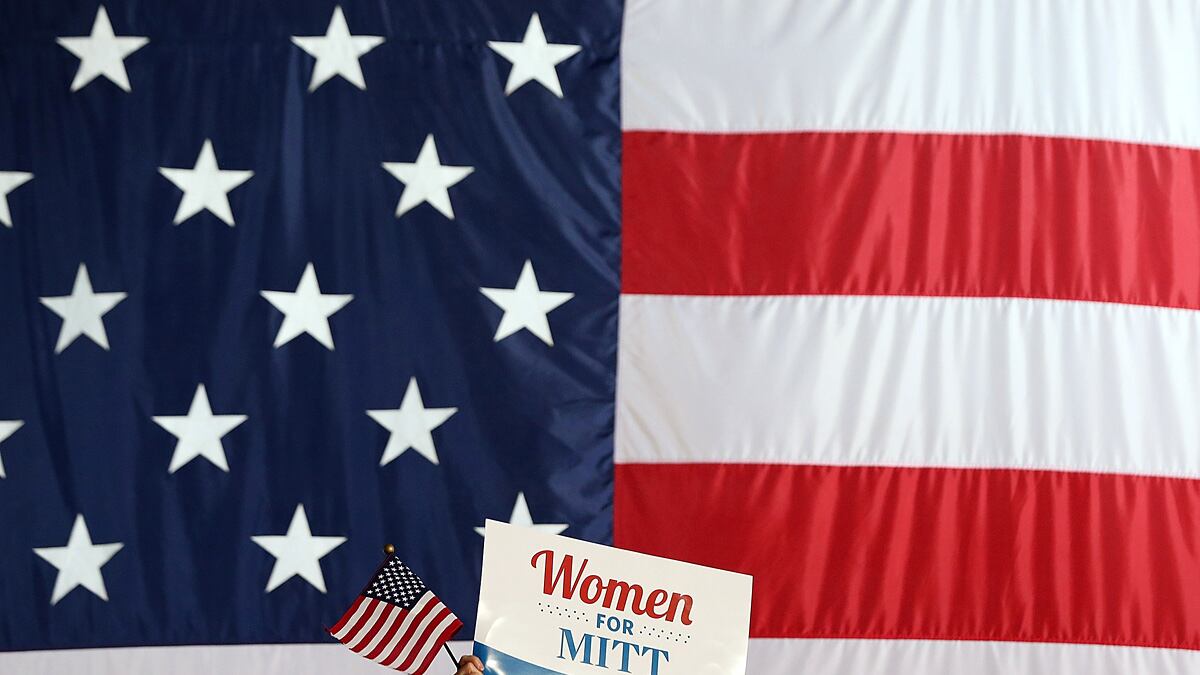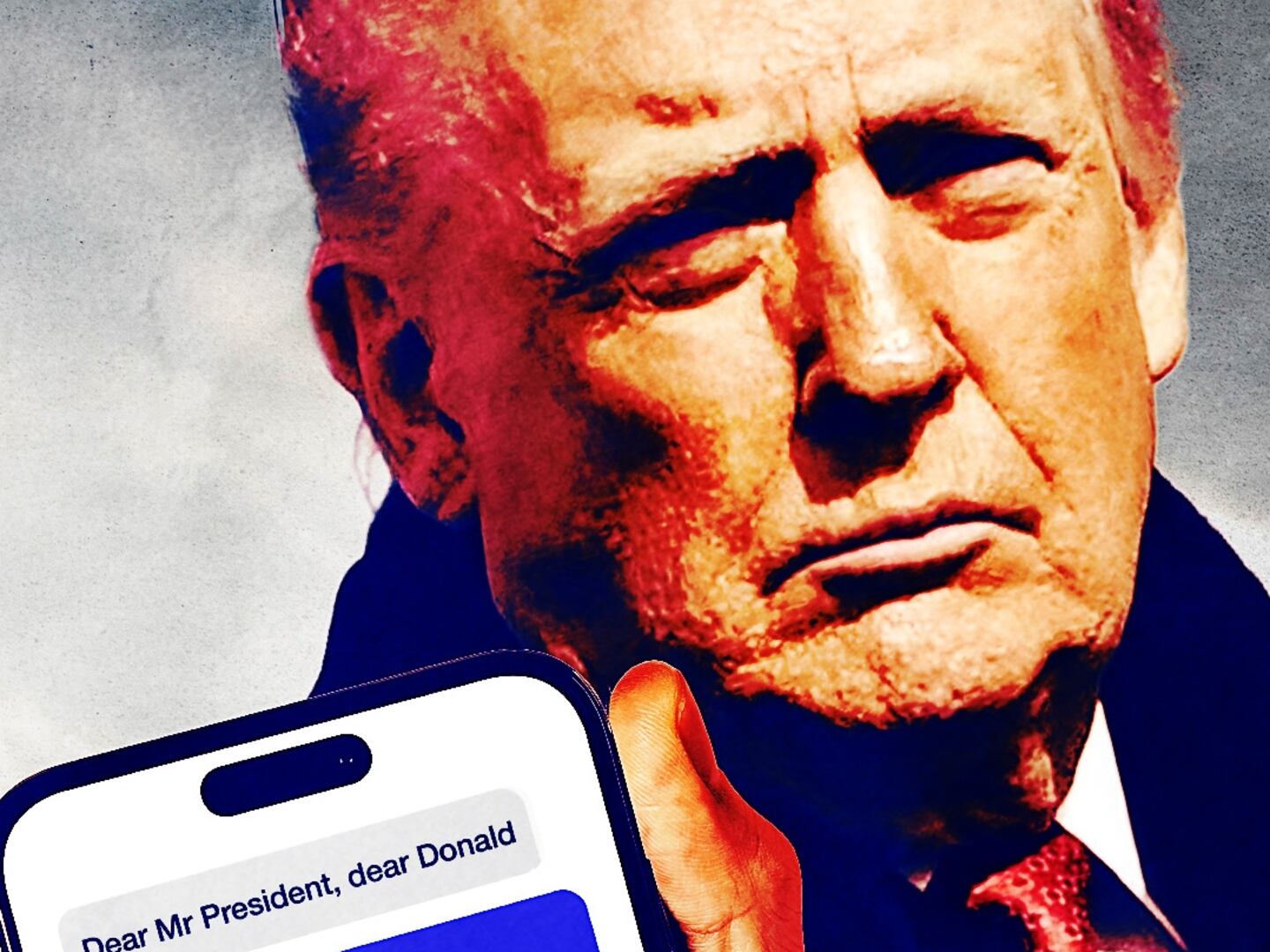Everywhere Mitt Romney went on the final weekend of his presidential campaign, he was greeted by cheers of “Three More Days! Three More Days!”

It was both a rallying cry and a reminder—that a presidential campaign that began soon after the last one ended was at last coming to its conclusion.
“We have traveled far and wide in this campaign,” said Romney this morning at a rally in Portsmouth, N.H., and again in the afternoon in Dubuque, Iowa, and twice in the evening at rallies across Colorado. “We have had some long days and some very short nights. We are almost there, and the door to opportunity is there and we are going to walk through it!”
As polls show a consistent if slight Democratic lead in the battleground states, Romney aides and supporters insisted on a tautology: if Romney wasn’t winning in the states he needed to win, then those weren’t the states he needed to win. They pointed to Pennsylvania, a state that has been presumed to be in the Democratic column for months, as one that they view as now winnable. How do they know it is now winnable? Because Romney is heading there tomorrow, and why would he be heading there tomorrow if the state wasn’t winnable?
On the stump, Romney could still hit the high notes, promising to be the candidate of change, quoting the mantra of Friday Night Lights—“Clear Eyes, Full Heart, Can’t Lose.” But beneath the surface, the campaign has turned into a kind of grim slog, with Romney hopscotching around the country for the final 72 hours, leaping from New Hampshire to the west, heading back again tomorrow, jaunting south for rallies in Virginia and Florida, before ending the campaign where it started 18 months ago, in the Granite State.
The fight now was on the ground, with Romney aides insisting that the vaunted Obama get-out-the-vote operation was overstated, its early vote numbers off the pace they would need to win. Aides predicted that a few-thousand-vote swing in a few battleground states would be enough. They wondered how Obama could possibly be ahead in these states when he is losing independent voters.
With actual polls set to close in less than 72 hours, the Romney camp seemed set to inch across the finish line. No longer was Romney sitting for local television interviews and he was kept far away from rope lines where reporters could shout an errant question. He was accompanied at each stop by his wife, Ann, who used to warm up crowds by noting that she was liable to go off script, now kept her remarks brief and formulaic, touting her husband’s role in turning around companies and the Salt Lake City Olympics. Gone too were the stinging indictments of President Obama as an Israel-hater, a China-appeaser, a strangulator of business. Instead, Romney presented himself as the candidate of change. He insisted that he was the one who could bring Republicans and Democrats together. At an Obama rally the day before, the crowd booed when the president mentioned Romney’s name. “Don’t boo, vote,” Obama told them. “Voting is the best revenge.” Yesterday, Romney harped at that line.
“He is asking you to vote for revenge,” he repeated at each stop. “I am asking you to vote for love of country.”
In the final days of the race, Romney beseeched supporters to engage in a kind of hand-to-hand combat.
“I know most of you here have decided who you are voting for in the next three days,” he told the crowds, and instead, urged them to go across the street and find neighbors with Obama signs in their yards, “and say to them, ‘Hi, let’s talk this through a bit.’”
He issued them talking points to persuade the seemingly reluctant, trying to pin Obama’s inability get along with an intractable Congress on the White House.
“You know that if the president were to be reelected you are going to see four more years of gridlock. You know that the debt ceiling is going to go up again, that there will be threats of shutting down the government or perhaps default of one kind or another. The president just can’t get through to Congress.”
At the airplane hangars, the crowds believed him. Victory, they said, was nigh, public polls be damned.
“I think Romney will win. I think he will because the country needs him to win,” said Edward Rogers in Dubuque, having traveled with his wife, Liz, a Democrat, to the rally—her gift to him on their 35th wedding anniversary.
Liz disagreed, pointing out that Obama has nearly 255 electoral votes locked up, leaving him only 15 short of the prize.
“He won’t get them,” Rogers said.
Standing nearby, and sporting two pins on his baseball cap—one reading “I’m Pro-Choice” and featuring a series of machine guns, the other advising “Forget your pets—spay and neuter a liberal”—was Thomas Maddon, 38, a veteran of two tours in Iraq who was now working as a janitor at the local Holiday Inn.
“I think there will be some surprises,” he said, listing Pennsylvania, Michigan, and Minnesota as states that could flip from blue to red.
How does he know?
“A lot of it is just gut feeling.”
“The polls are based on the same voters who showed up in 2008,” said Steve Dittner, sporting a white cowboy hat and a black-leather vest at the Colorado Springs airport hangar. “And the turnout will not be the same. So if the polls say we are down by a little, it probably means we are up.”






